Road traffic accidents are a significant concern in the UAE, given the high volume of traffic and diverse driving conditions. Knowing how to provide first aid in such situations can save lives and reduce the severity of injuries. This article provides essential information on first aid measures for road traffic accidents in the UAE.
Assessing the Scene
Before providing first aid, it’s crucial to assess the scene for safety. Ensure that it’s safe for you and others to approach the accident site. Look for potential hazards, such as oncoming traffic or leaking fuel. If the area is unsafe, call emergency services immediately and wait for professional help.
Calling for Help
Immediately call for emergency services by dialing 999 in the UAE. It’s important to provide clear and concise information about the location and nature of the accident. Stay on the line until the dispatcher has all the necessary information. This ensures that help is on the way and that you are not endangering yourself or others by taking unnecessary risks.
Checking the Victims
Once the scene is safe, check the victims for responsiveness. Approach each victim carefully and ask if they can hear you or if they are conscious. If a victim is unresponsive, check for breathing and a pulse. If there are no signs of life, begin CPR if you are trained to do so.
Providing Basic First Aid
For conscious victims, provide basic first aid to stabilize their condition until professional help arrives. Stop any severe bleeding by applying pressure with a clean cloth or bandage. If the victim has a broken bone, immobilize the affected area using a splint or any rigid object. Keep the victim calm and still to prevent further injury.
Treating Shock
Victims of road traffic accidents are at risk of going into shock, a life-threatening condition. Signs of shock include rapid breathing, weak pulse, and pale, clammy skin. To treat shock, have the victim lie down with their legs elevated. Cover them with a blanket to maintain body warmth. Avoid giving them food or drink, as this can worsen their condition.
Handling Head and Neck Injuries
Head and neck injuries are common in road traffic accidents and require careful handling. Avoid moving the victim unless absolutely necessary, as movement can worsen spinal injuries. If the victim must be moved, keep their head, neck, and back aligned and move them as a single unit. Provide support to prevent any movement.
Dealing with Burns
In some accidents, victims may suffer from burns due to vehicle fires or hot surfaces. For minor burns, cool the area with running water for at least 10 minutes. Do not apply ice or ointments. For severe burns, cover the area with a clean, non-stick cloth and seek medical attention immediately.
Helping with Breathing Difficulties
Accident victims may experience breathing difficulties due to injuries or shock. Ensure that the victim’s airway is clear by tilting their head back slightly and lifting their chin. If the victim is not breathing, start rescue breaths if you are trained. Monitor their breathing until emergency services arrive.
Communicating with Emergency Services
When emergency services arrive, provide them with all the information you have gathered. Inform them of the number of victims, their conditions, and the first aid measures you have taken. Clear communication ensures a smooth handover and allows professionals to take over effectively.
The Importance of First Aid in Road Traffic Accidents
Providing first aid in road traffic accidents is crucial in the UAE, where traffic incidents are common. Knowing how to assess the scene, call for help, and administer basic first aid can save lives. By staying calm and following these guidelines, you can make a significant difference in emergency situations. Taking an emergency first aid course for all ages further enhances your ability to respond effectively and can be a valuable asset in any emergency. You can prepare yourself for emergencies by enrolling in a Blueguard First Aid course. With essential knowledge and hands-on training, you’ll be ready to make a life-saving difference when it matters most. Schedule your first aid class today.
